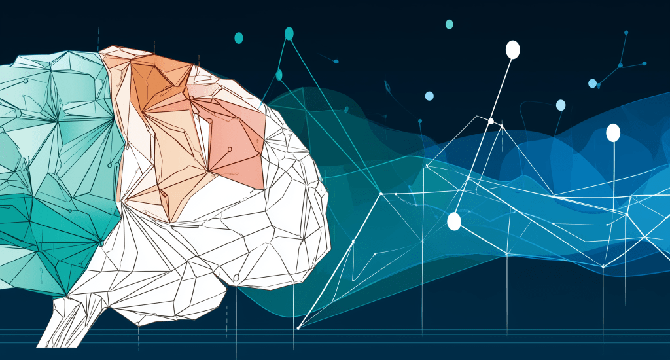VentureBeat
1M
127

Image Credit: VentureBeat
Sakana introduces new AI architecture, ‘Continuous Thought Machines’ to make models reason with less guidance — like human brains
- Tokyo-based startup Sakana, co-founded by ex-Google AI scientists, introduces Continuous Thought Machines (CTM) for flexible AI reasoning closer to human minds.
- CTMs enable diverse cognitive tasks without fixed parallel processing, instead unfolding computation per input/output unit.
- Each CTM neuron retains a memory for deciding activation, adjusting reasoning dynamically based on task complexity.
- CTMs differ from Transformer models by allowing neurons to operate on an internal timeline with variable computation depth.
- Sakana's aim is brain-like adaptability with competence exceeding human capabilities, using novel CTM mechanisms for reasoning.
- CTMs achieve competitive accuracy on benchmarks like ImageNet-1K, demonstrating sequential reasoning and natural calibration.
- Sakana AI's CTM architecture, though experimental, offers interpretability and adaptability across tasks like image classification and maze-solving.
- CTMs need further optimization for commercial deployment, demanding more resources than standard transformer models.
- Despite resource challenges, Sakana's open-sourced CTM implementation on GitHub encourages exploration and research across various domains.
- CTMs offer valuable trade-offs in trust, interpretability, and reasoning flow, making them a potential asset for production systems.
- Sakana's philosophy of adaptive models and transparency in AI development challenges the status quo, emphasizing evolution and collaboration.
Read Full Article
7 Likes
For uninterrupted reading, download the app